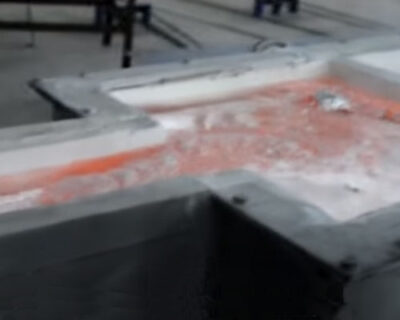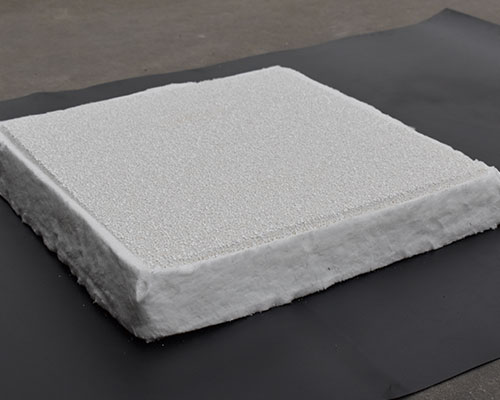In European foundries, most foam ceramic foundry filters are used to reduce inclusions in the liquid aluminum alloy. These filters are light in weight, high in strength, and large in aperture. Generally, the usable range of foam ceramic filters is 10-30 PPI. Porosity is measured by the number of typical pores per inch of filter length. A coarse filter with a small number of holes per inch may have a higher flow rate without a longer blind zone.
The effective use of European Foundries ceramic foam filters can improve the mechanical properties of casting materials. The ductility (elongation) was significantly improved.
The filtered metal with a foundry ceramic foam filter can also produce castings with little change in mechanical properties.

The reason for these improvements is that inclusions can cause fracture and fatigue cracks in castings. Reducing the number of inclusions through the use of ceramic foam filters will reduce the number of sites that can nucleate these cracks, thus improving the mechanical properties of the cast metal and reducing the propagation of these properties.
During the melting and processing of molten aluminum, a film is usually formed on the surface of the molten metal, the film is mainly composed of aluminum oxide and/or its alloy components, and the film is decomposed and dispersed as it is in the molten metal to melt, and transfer to the ladle or mold during the stirring.
In addition, there may be skin-derived particles on the solid metal charged into the furnace or furnace, or there may be refractory particles falling off the lining of the furnace or conveying tank. Although extreme care must be taken during the sintering and degreasing of molten metal, some finely divided non-metallic solids remain in the solidified metal. Although such non-metallic impurities are harmless in some castings, they are objectionable in others, especially when they prevent obtaining a fine finish or act as a nucleus for forming gas-filled voids.

